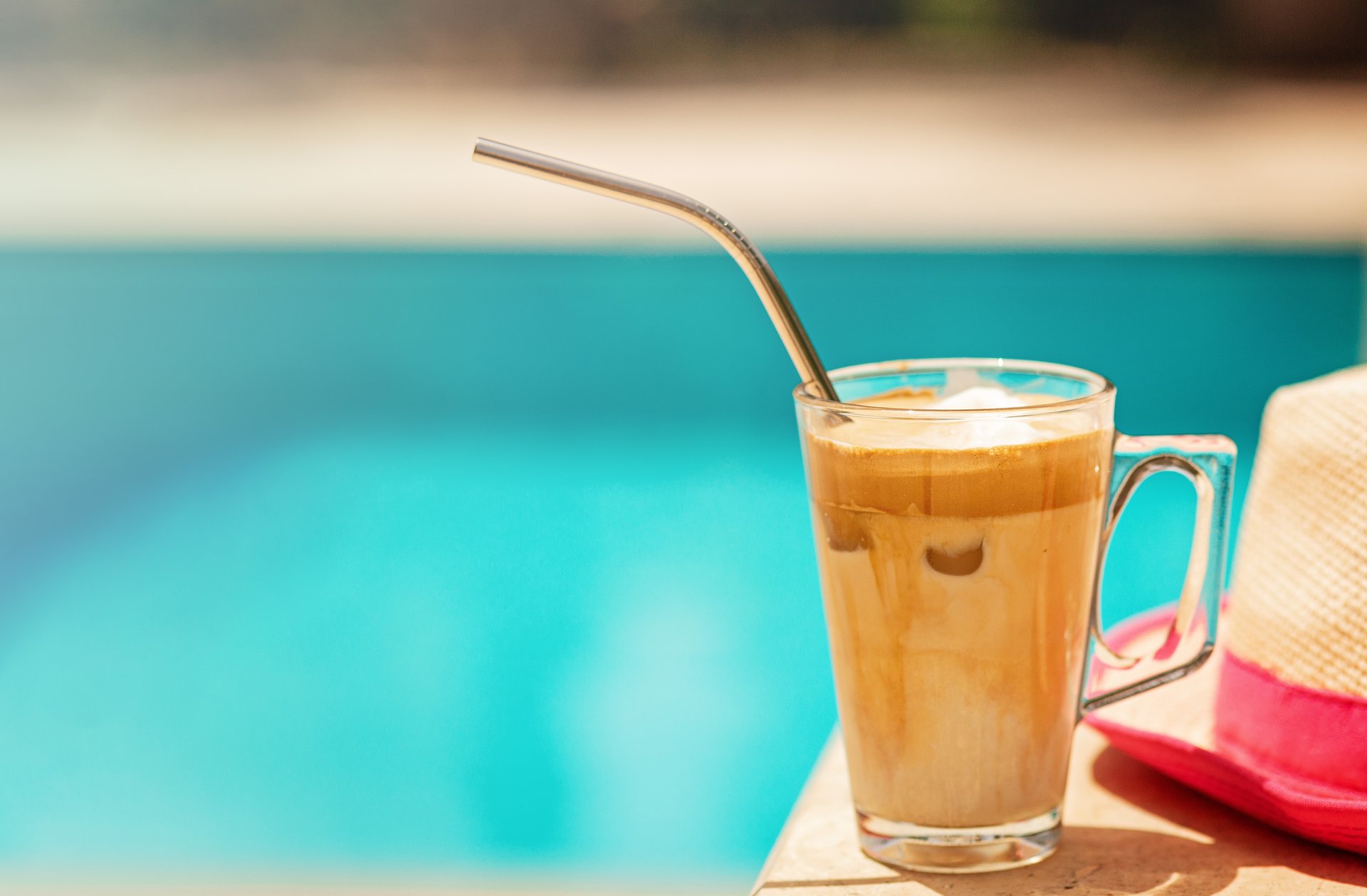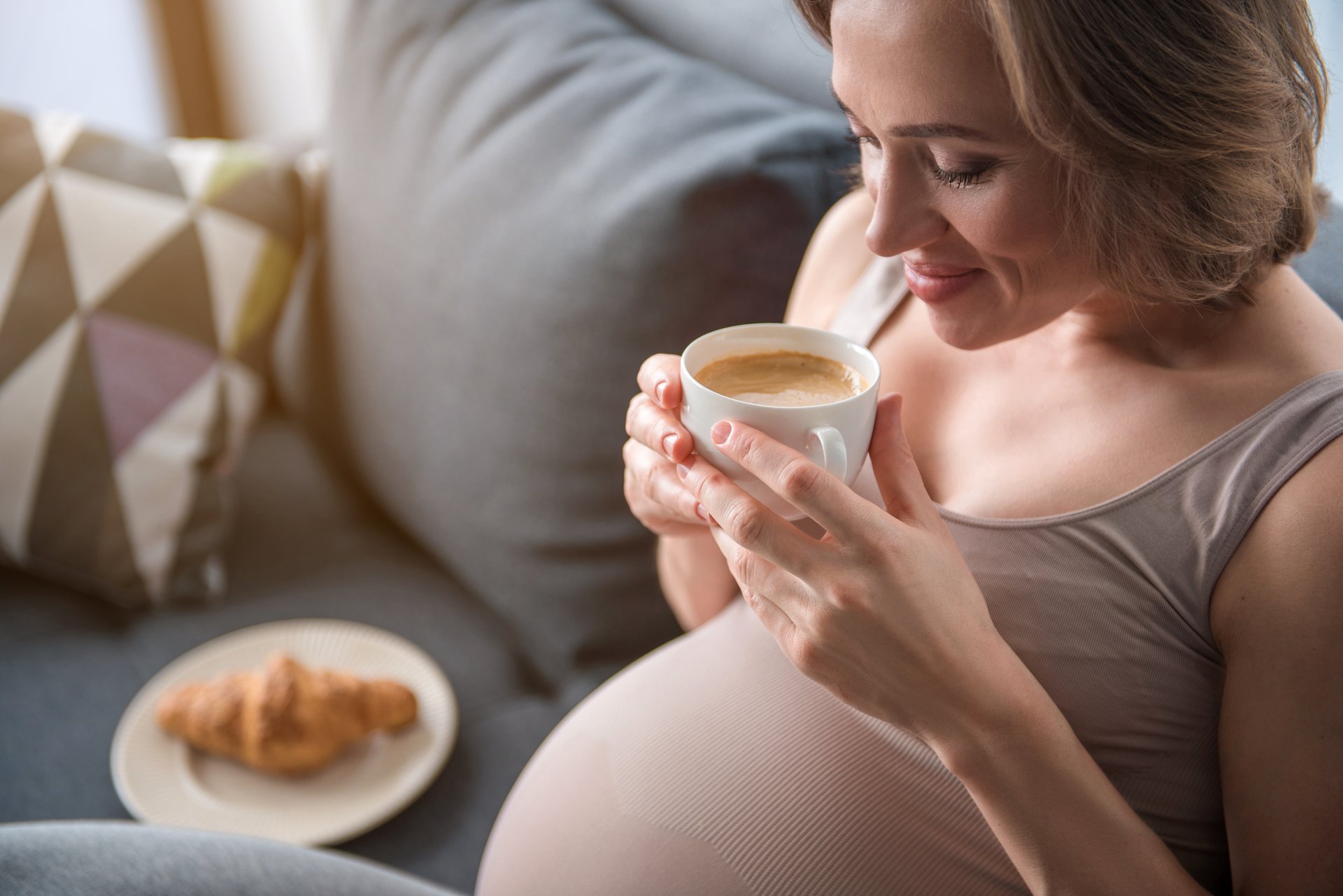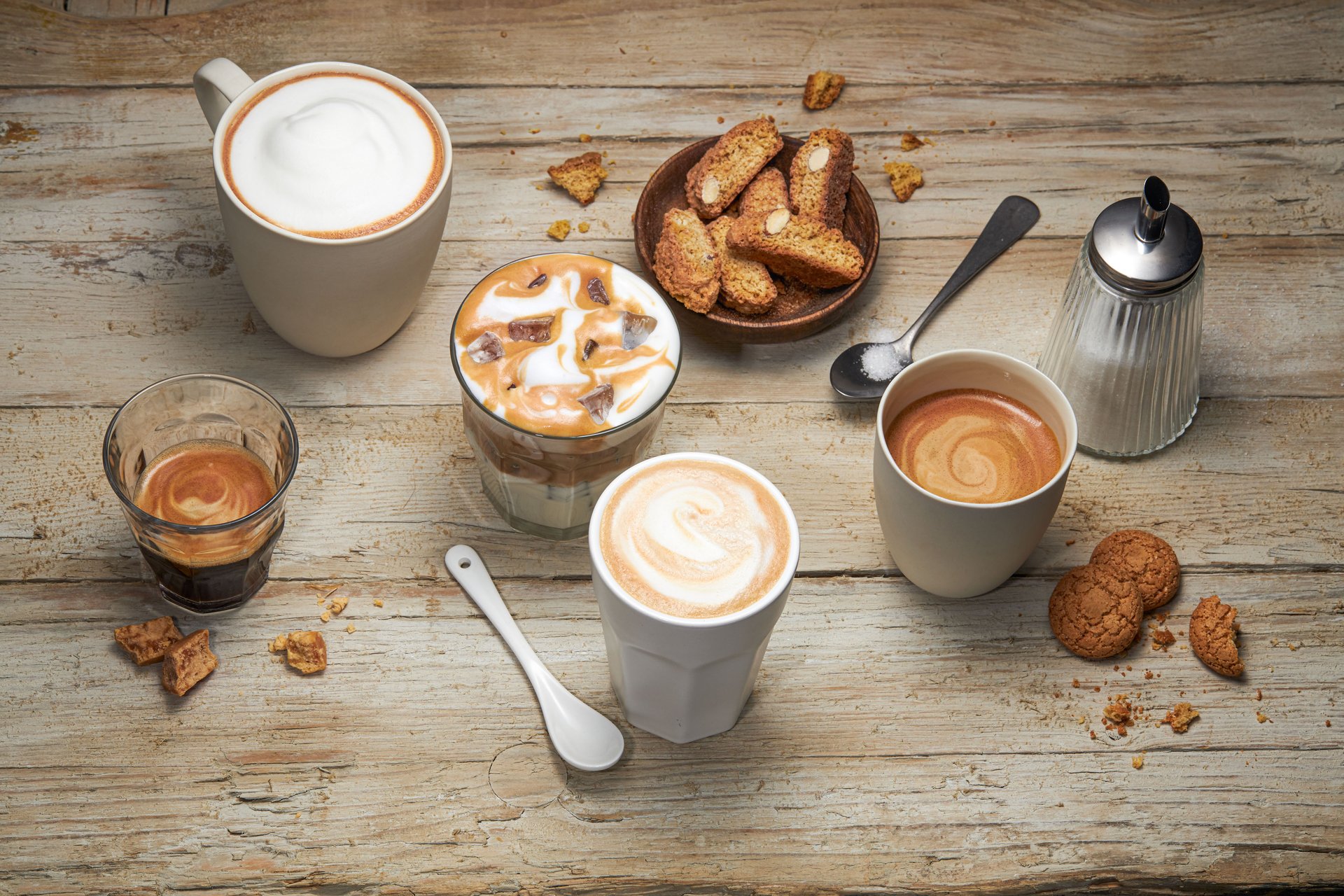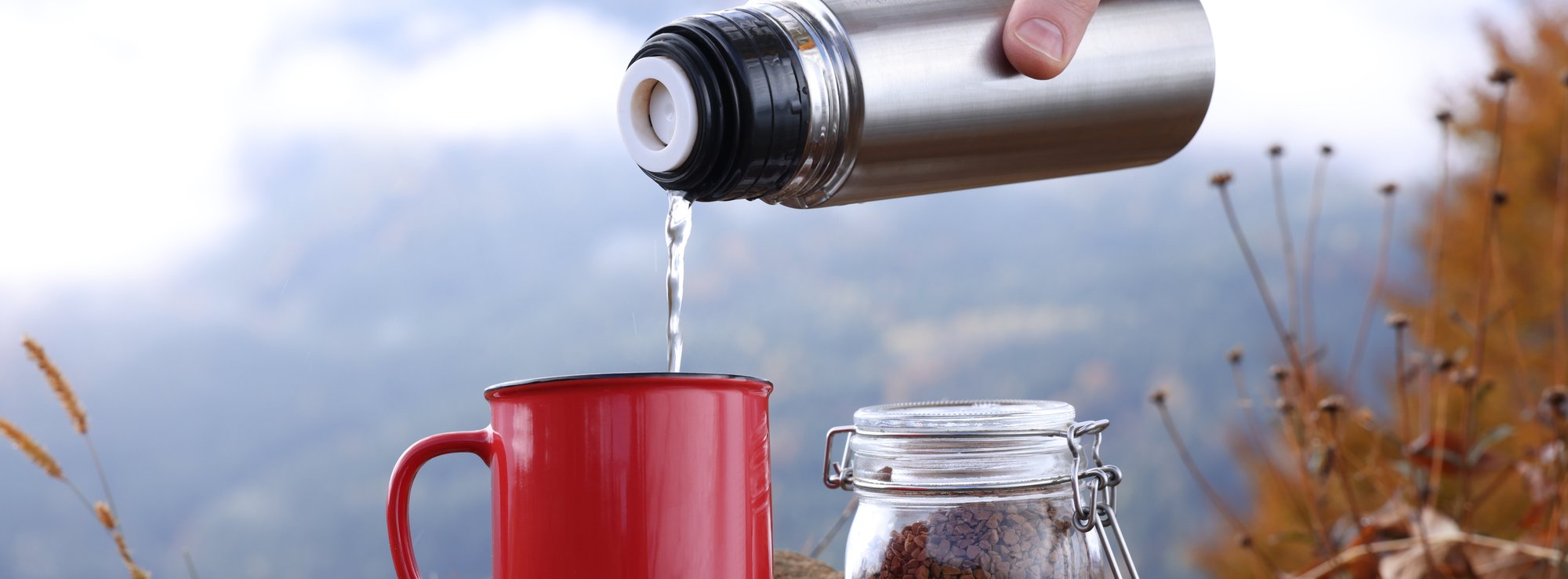We uncover
The truth behind the biggest myths about drinking coffee!
There are tons of myths about coffee – but which of them are actually true? We uncover the most persistent myths about our favourite beverage!
Myth 1: Coffee is dehydrating.
You’ve probably been served a glass of water with a cup of coffee or an espresso in a café on more than one occasion. This is especially common in other countries. This gave rise to the assumption that the beverage extracts water from the body, which then has to be replenished. But this is simply not true! Since coffee itself consists almost entirely of water, the body is actually supplied with fluids when drinking. However, it is true that caffeine stimulates the filter function of the kidneys, meaning it has a diuretic effect. But this has no effect on the water balance of your body. So why is a glass of water served with coffee? It helps neutralize the taste buds – this helps the coffee aroma develop better on the tongue.

Myth 2: Coffee gives you an energy boost.
Whether after getting up in the morning or in the afternoon: Coffee drinkers swear by the invigorating effect of their favourite beverage. But is this just a subjective feeling or is there a scientific reason supporting this myth? In fact, scientists do have an explanation for the energising effect of coffee: Caffeine slows down the effect of the molecule adenosine. This endogenous molecule, which causes fatigue, docks onto certain nerve cell receptors in the brain and slows down the activity of the neurons. This makes us tired and signals to the body that it needs a break. The caffeine in coffee can dock to the same receptors, blocking the supply of adenosine. The result: Dopamine, adrenaline and noradrenaline are released and provide an energy boost.

Myth 3: Pregnant women shouldn’t drink coffee.
Actually: It depends on the dose! During pregnancy, the metabolism slows down, meaning caffeine is broken down more slowly. Caffeine can also enter the child’s bloodstream via the placenta, causing it to become restless. The European Food Safety Authority recommends that pregnant women consume no more than 200 milligrams of caffeine per day. That equals about two cups of coffee.

Myth 4: The caffeine content of espresso is higher than that of café crème.
When we’re feeling sleepy, an espresso is often our first choice. This is due to the belief that the little black coffee contains more stimulating caffeine than a filter coffee or café crème. The fact is: The darker roast, the type of bean (usually Robusta), and the ratio of espresso powder to water simply make this coffee speciality taste stronger. However, this does not really say anything about the caffeine content. This is affected by various factors, including the type of bean – for example, Arabica has a caffeine content of 0.8% – 1.4%, Robusta of 1.7% – 4% – the grinding level, the extraction time and the water temperature. A darker roast also releases more caffeine. If it came in the same cup size (for example 150 ml), espresso would have almost twice the amount of caffeine as filter coffee or café crème. However, since the portion size of an espresso is only about 25 ml, it has less caffeine.

Myth 5: Coffee is unhealthy.
That is also a misconception – studies even suggest that is has health-promoting effects. The quantity is also decisive here. Only if you suffer from very high blood pressure, insomnia, anxiety, nervousness and stress can excessive coffee consumption have a negative impact on your health. However, three to four cups a day is considered harmless. So what are you waiting for? Why not treat yourself to a cup!


